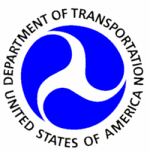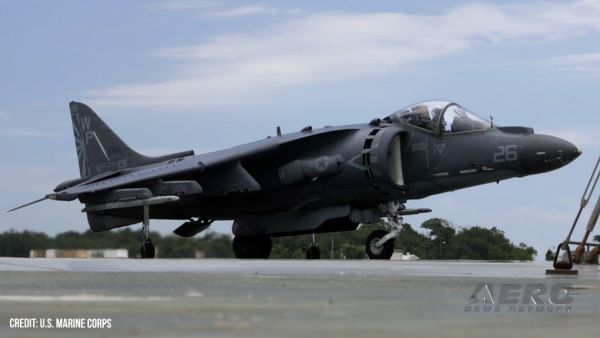Tue, Jan 11, 2011
Airlines, Ticket Agents Informed Of Disclosure Rules
 The U.S. DOT Aviation Enforcement Office has provided
guidance to airlines and ticket agents about the requirement for
notifying passengers if a flight they are selling is being operated
under a code-sharing arrangement.
The U.S. DOT Aviation Enforcement Office has provided
guidance to airlines and ticket agents about the requirement for
notifying passengers if a flight they are selling is being operated
under a code-sharing arrangement.
Under code-sharing, an airline sells tickets on flights that use
the airline's code, but are actually operated by a different
carrier. Longstanding DOT rules require airlines to disclose
code-sharing arrangements to consumers before they book a flight,
but legislation adopted in August 2010 has also clarified the
requirements for Internet websites that sell airline tickets.
"When passengers buy an airline ticket, they have the right to
know which airline will be operating their flight," U.S.
Transportation Secretary Ray LaHood said Monday. "For years
we've required airlines to inform consumers about code-sharing
arrangements, and we'll be monitoring the industry closely to make
sure they comply with the provisions of the new legislation."
The new law makes it clear that when a consumer requests an
airline itinerary on the Internet, any code-sharing arrangement
must be included on the same screen and next to the
itinerary. Currently, code-sharing on some websites is being
disclosed through a hyperlink or when one passes the cursor over a
link. Under the existing Department rules, code-share disclosure
must include the corporate name of the transporting carrier and any
other name under which the flight is offered to the public.
The Department's Aviation Enforcement Office will give airlines
and ticket agents 60 days to modify websites that are now using
links for code-share disclosure to bring them into compliance
before instituting enforcement action. In the meantime, it will
continue to enforce other aspects of the current rules
aggressively, as it has in the past. The guidance also
reminded airlines that they are responsible for the compliance of
their ticket agents, and put ticket agents that provide Internet
ticket sales software to travel agents on notice that they must
ensure that the software is in compliance with DOT's rules,
including the code-share disclosure requirements, or risk
enforcement action.
More News
LinxUs System Adds Capabilities for Data-Driven Operators Textron Aviation announced another option for operators processing their post-flight data, adding interoperability with GE>[...]
Aero Linx: The de Havilland Moth Club Ltd The de Havilland Moth Club evolved from a belief that an association of owners and operators of Moth aeroplanes should be formed to create>[...]
(Pilot) Inadvertently Applied Excessive Braking Action, And The Airplane Nosed Over Analysis: The pilot reported that, while landing at a remote, rough and uneven airstrip in a tai>[...]
“MCADT is committed to rapidly integrating armed first-person view drones into the FMF, enhancing small-unit lethality and providing organic capabilities that warfighters cur>[...]
From 2017 (YouTube Edition): Major Engine Supplier Joins Forces With Small Aircraft Manufacturer… GE recently made an agreement with Venom Aircraft to supply engines for the>[...]
 Citation Operators Get Another Flight Data Connection for QA
Citation Operators Get Another Flight Data Connection for QA ANN's Daily Aero-Linx (06.01.25)
ANN's Daily Aero-Linx (06.01.25) NTSB Final Report: Bellanca 8GCBC
NTSB Final Report: Bellanca 8GCBC Aero-News: Quote of the Day (06.01.25)
Aero-News: Quote of the Day (06.01.25) Classic Aero-TV: High-Speed Match-up - Venom and GE Rebirth A Legend
Classic Aero-TV: High-Speed Match-up - Venom and GE Rebirth A Legend



